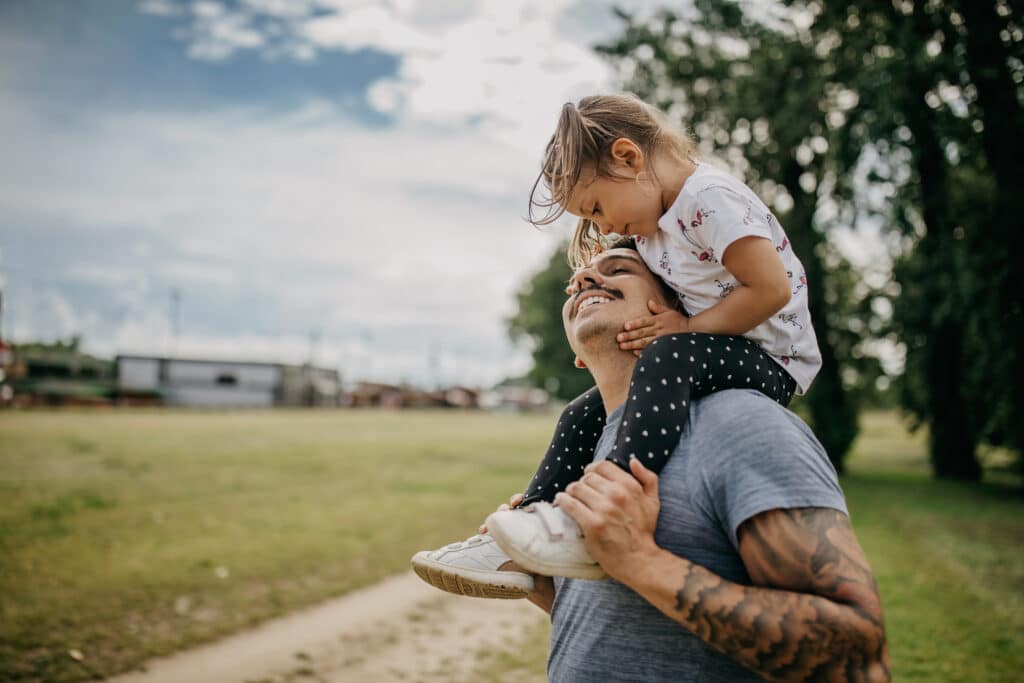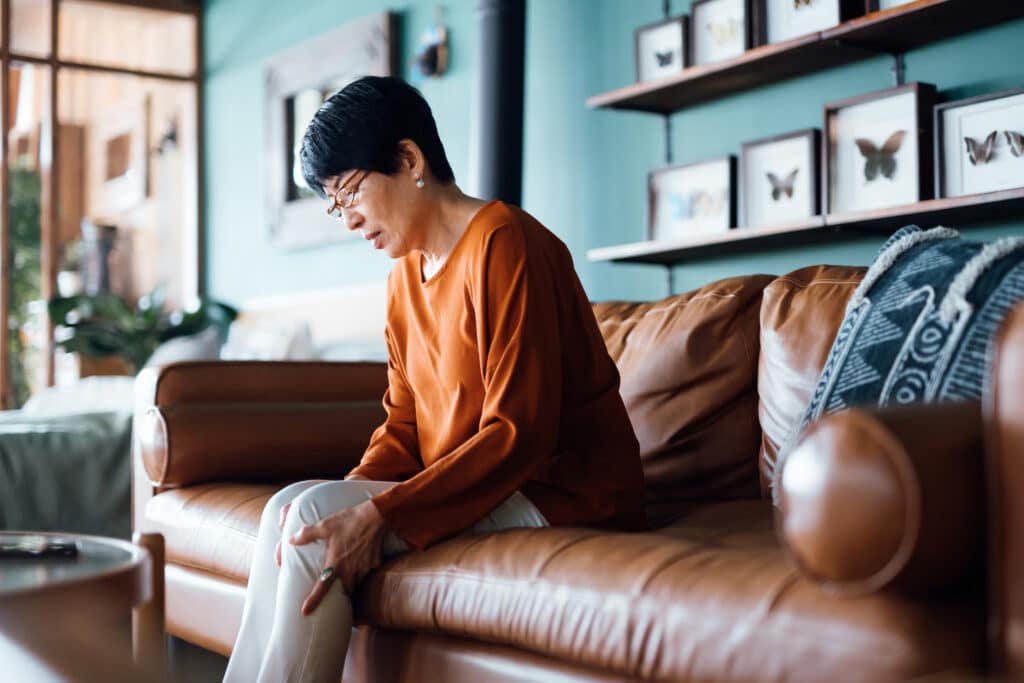When you imagine someone with post-traumatic stress syndrome, or PTSD, what does it look like? Chances are, you think of an adult male. You might picture a war veteran who has violent outbursts.
Like most stereotypes, this one only scratches the surface of what PTSD is like, and who it affects. The problem? These stereotypes make it hard to recognize trauma sufferers or symptoms that don’t look how we expect them to.
PTSD doesn’t just affect military veterans
Yes, people serving in the military may see traumatic things that most civilians don’t. For some, that leads to PTSD. Yet rates of PTSD among veterans overall aren’t much higher than the general population. PTSD impacts about 7% of veterans versus 6% of the people overall.
Why? To start, there are many types of trauma that have nothing to do with war.
- Serious accidents
- Physical or sexual assault
- Abuse, including childhood or domestic abuse
- Serious health problems
- Childbirth experiences
- Death of someone close to you
It isn’t the type of trauma that matters. It’s how it affects you. Not everyone who lives through trauma develops PTSD. About 1 in 3 do. For those people, recognizing the condition and getting treatment can make all the difference.
PTSD impacts more women than men
While many people think PTSD affects mostly men, the opposite is true. It’s actually twice as common in women as men. Yet women who do have symptoms can take longer to get a diagnosis or seek treatment. Women with PTSD take four years on average to get treatment. For men it’s only a year.
Symptoms aren’t always loud or violent
Yes, violent outbursts can be one symptom of PTSD. So can self-destructive behavior, like reckless driving or drinking too much. But there are other symptoms of traumatic stress that can be much quieter. These symptoms can be easier to miss for outsiders, and easier to ignore or hide for those experiencing them.
- Trouble concentrating
- Overwhelming guilt or shame
- Trouble sleeping
- Struggling to trust people
- Feeling emotionally detached
- No longer interested in doing things
PTSD is treatable
For people who don’t fit the stereotypes, it can take longer to realize they need help. And it may be harder to access treatment that works. It doesn’t have to be.
If you think you could benefit from treatment for PTSD symptoms, Freespira is here for you. Freespira is medication-free. You use it right at home to get relief in just one month.
See if Freespira is right for you. Take our online symptom assessment.



